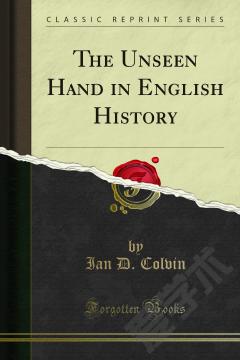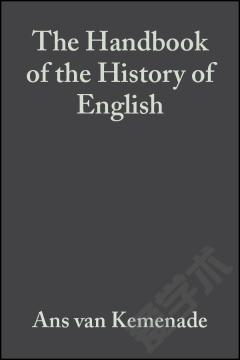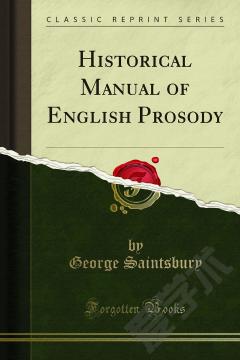The Unseen Hand in English History
Those who study our past without being innocent of our present must have felt a certain discontent with the stock reasons of history. They know that the motives attributed to the men of yesterday would not be sufficient to move the men of to-day. The student of politics would be considered a fool if he accepted the explanations of politicians for present events. Why then should the student of history accept the explanations of politicians for the events of the past?The ruling motive in politics, as intelligent men know very well, is interest. Those resounding cries and plausible principles on which to the young and innocent the battle appears to be fought are usually the pretext, the flag, the colour of action; men, and especially politicians, seldom avow their true motive, but nearly always wrap it up in some virtue, faith, or plausible abstraction. It is true that there are other motives which occasionally move men. And they may even seem for a moment more powerful than the more material incentives. But even where they are sincere they are not constant. It is constancy of pressure which gives strength and influence to organized interest. A few men on great occasions work for a cause: most men all the time work for their own ends. If we quarrel with this truth we quarrel with human nature. After all, men and nations must first of all live, and livelihood must therefore remain the basis of human action.
{{comment.content}}








 京公网安备 11010802027623号
京公网安备 11010802027623号